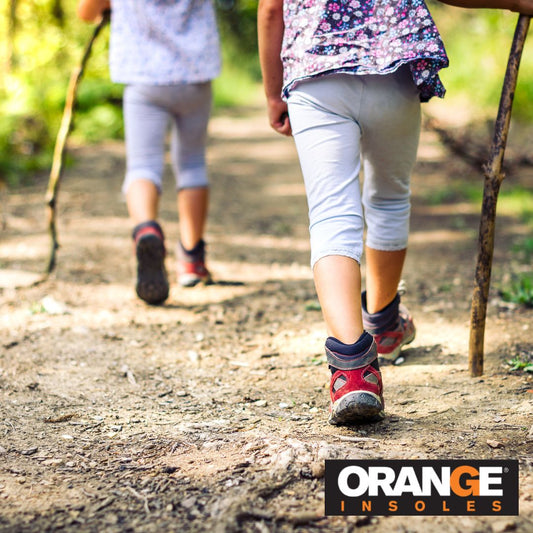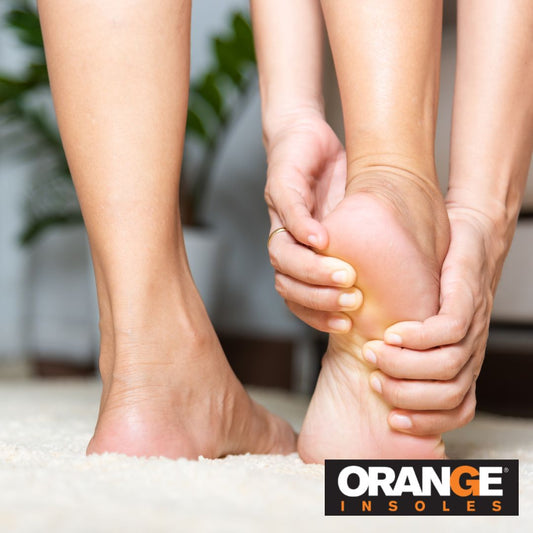Cabin Fever is usually brushed off as an annoying feeling you get after being stuck inside during a blizzard or particularly long bout of bad weather. But, in reality, it can actually be much more serious than that and given we’ve all been stuck inside or isolated much more than normal over the last year, we thought it was a good time to look at the more specific definition and offer some advice on how to combat it.
What is Cabin Fever?
Healthline defines cabin fever as, “a series of negative emotions and distressing sensations people may face if they’re isolated or feeling cut off from the world.” These feelings are usually much more acute in time of severe isolation…like now. They go on to say that cabin fever can lead to a series of symptoms that can be hard to manage without proper techniques.
Now that it’s winter in the Midwest, and the social-distancing friendly activities that got us out of the house in the summer like eating outdoors, long walks and hikes, and road trips, might not as easy, we’ll need to get creative to fight off cabin fever.
First, you should know what true cabin fever feels like (it’s not just staring longingly out the window or cleaning the house the tenth time).
Symptoms of Cabin Fever
With cabin fever, you could experience;
- Irritability
- Hopelessness
- Difficulty concentrating
- Difficulty sleeping or irregular sleep patterns
- Fatigue/Lethargy
- Distrust of the people around you
- Persistent sadness or depression
Some people might weather these symptoms easier than others but most of the time it takes more than a new hobby to work through them.
Fighting Cabin Fever
Go Outside
Being outside can:
- Improve your mood
- Alleviate stress
- Increase cognitive function
So bundle up and get outside!
If you can’t get outside very often either due to weather, restrictions, or health, try:
- Keeping fresh flowers in your home
- Opening your blinds to let sun in or even your windows (for just a few minutes!)
- Playing nature sounds
Stay Social
It might look different than it used to, but keeping up with friends and family is super important during times of isolation. Take advantage of video calls like FaceTime and Zoom to chat with friends, family, and even colleagues. Sometimes, just turning on the video while you go about your every day activities will be enough to bring about a sense of connection. Don’t just jump on calls when you have time, work these social moments into your daily schedule so you have something to look forward to every day.
Loneliness is especially dangerous in the older population so even if it means wearing a mask, if you have elderly neighbors or family, spend a little time helping them figure out their technologies so they can benefit from face-to-face interactions.
Exercise
People who exercise regularly feel better (both physically AND mentally) than people who don’t. Don’t blame us, it’s science! Exercise releases endorphins and as Elle Woods in Legally Blonde, and scientists, tells us, endorphins make us happy. They boost your mood and leave you feeling better. It also lowers the stress hormone, cortisol.
And you don’t have to get to the gym to exercise (as evidenced by the increase in home gyms over the last year!). If you don’t have equipment, look for strength training exercise videos that rely on body weight. Or try exercises like:
Just because you’re at home, don’t risk injury due to poor form. Make sure you have the support you need whether you’re exercising or standing a desk and working. Practice good form, posture, and get support in order to fight off pain.
Learn Something
Exercise isn’t the only thing that can help cognitive function. Learning a new skill or taking a course can help you focus on something production and keep your mind sharp...it’s definitely better than TV. There are a ton of programs offering discounted courses online and a lot of apps that can help you learn new languages or teach you more about your favorite subject. Or, you could join a virtual book club!
Have Fun
There are creative ways to get out or have fun at home. Try some of these socially distanced activities to take your mind off your worries for a few hours:
- Dine in an igloo
- Go sledding
- Make a pillow fort and have a reading day
- Make a snowman
- Go for a hike
- Have a craft day
- Take on a new hobby
Talk to Someone
While these feelings will most likely come and go, it’s ok to reach out for help. Whether that’s to family, a friend, your spouse, or a professional. Many professionals are offering telehealth options for patients seeking help during the pandemic. Understanding what you’re feeling is the first step in fighting it and sometimes cabin fever can be just one symptom of underlying feelings of fear and anxiety. A professional can help you figure it out.
A lot of people are in the same boat right now so if you’re feeling stressed or overwhelmed, don’t worry, you’re not alone.

























































